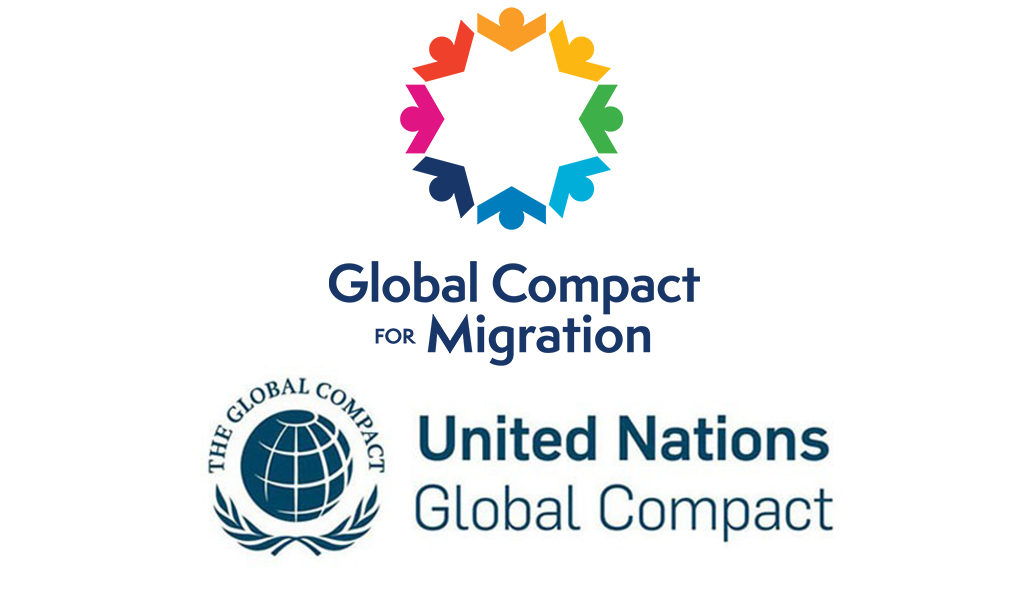
In the second week of December 2018, United Nations (UN) member countries adopted the first ever Compact for international migration (GCM) in Marakkesh, Morocco. A non-binding agreement, the GCM aims to better govern migration at local, national, regional and global levels, including reducing the risks and vulnerabilities migrants or refugees face at different stages of their journey. As a signatory of the compact and as a very important migration country, India is expected to play a pro-active role in the implementation of the 23 objectives. The federal government structure of the country provides an opportunity to incorporate and engage the actors at the provincial and very local level in the implementation process. However, the government level negotiations and attempt to implement the objectives are yet to gain momentum. Since we are approaching the first anniversary of the compact, it is important to bring state and non-state actors on one platform and work towards the achieving the GCM objectives. Unlike most of the countries of origin, India follows a federal system of government. Almost half of the provincial states are affected by International migration. Among them, a few of the state governments introduced various initiatives for the welfare of migrants. Moreover, there is an active presence of Civil Society Organisations (CSOs), Media, various diaspora and returnee organisations at the provincial level. As per the implementation process of the GCM, it is important to engage various actors at the local level for the successful implementation of the objectives. In Indian context, the actors at the provincial level can propose policy-suggestions to both state governments and national government to ensure the effective implementation of the objectives.